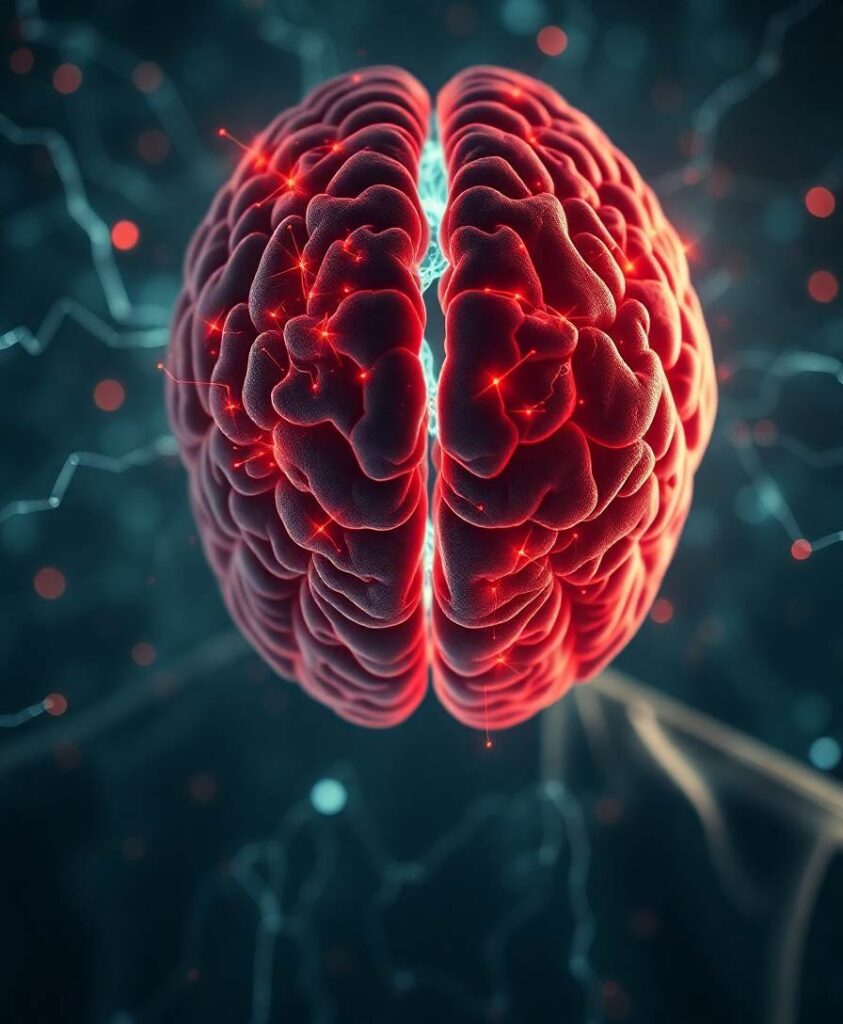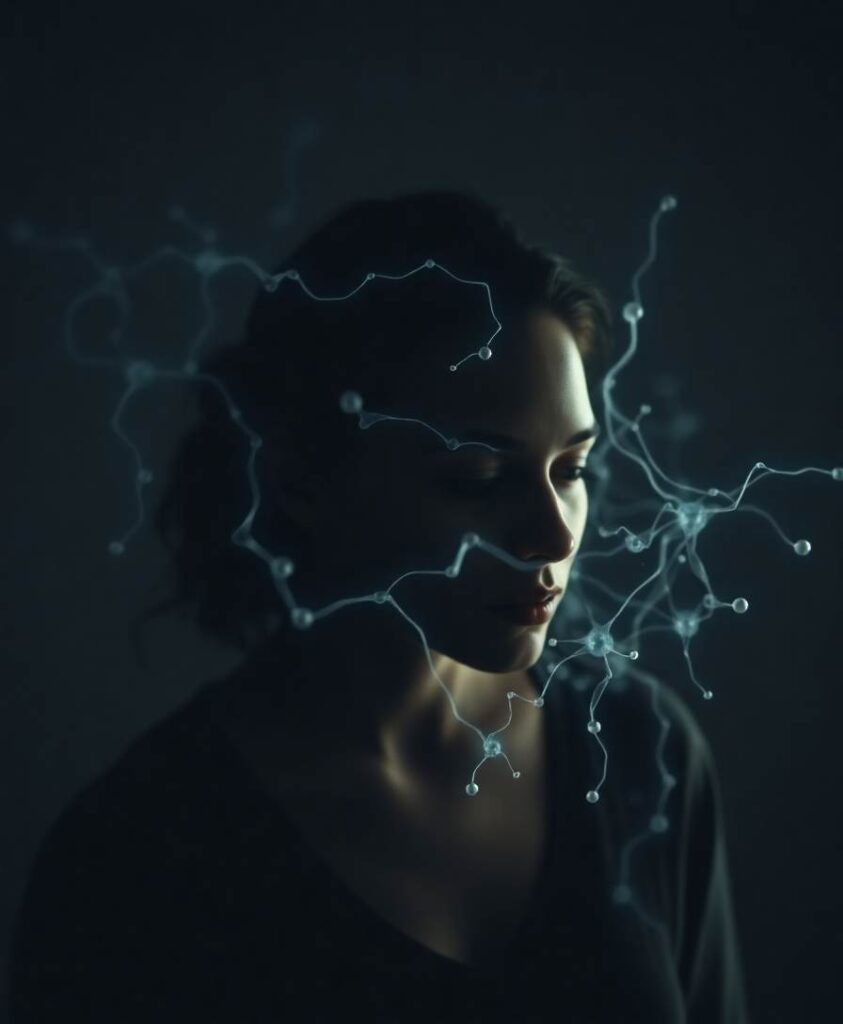Read Full Article (External Site)
POPULAR ARTICLES 




Scientists may have found how to reverse memory loss in aging brains
Article 1 of 1

Scientists find brain chemical tied to trauma and depression
Article 2 of 2

Scientists reveal pill that helps shed 20% of body weight
Article 3 of 3

Why the flu turns deadly for older adults, and how scientists found the cause
Article 4 of 4
